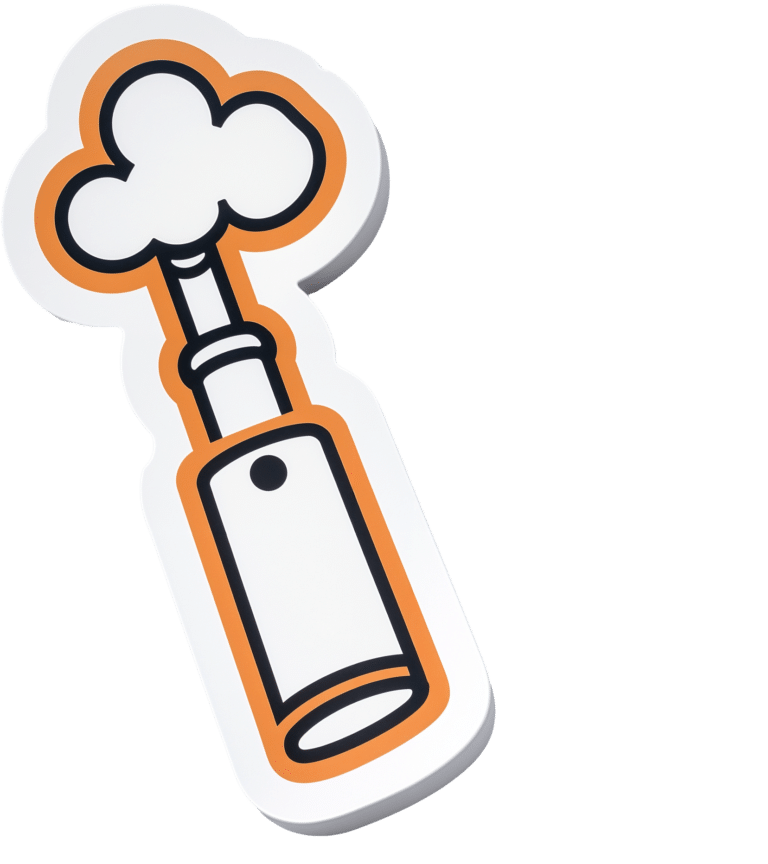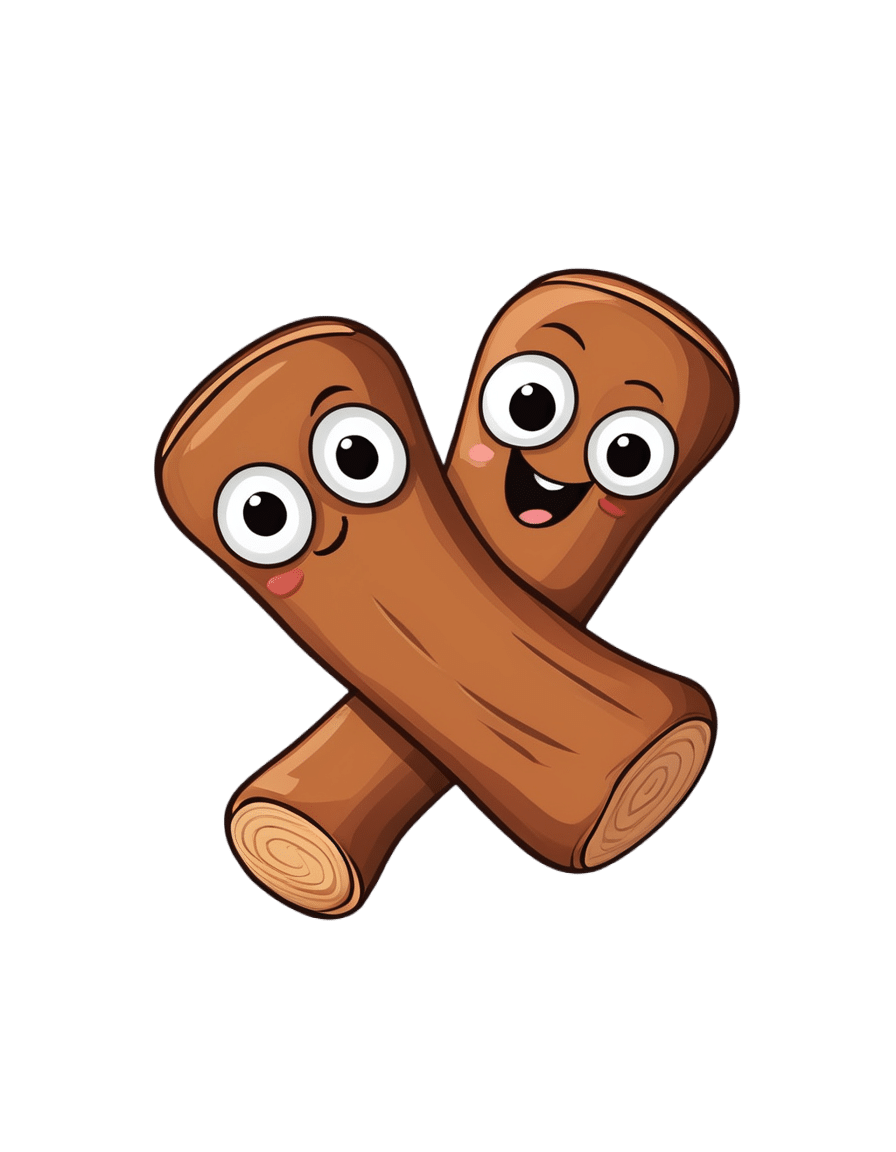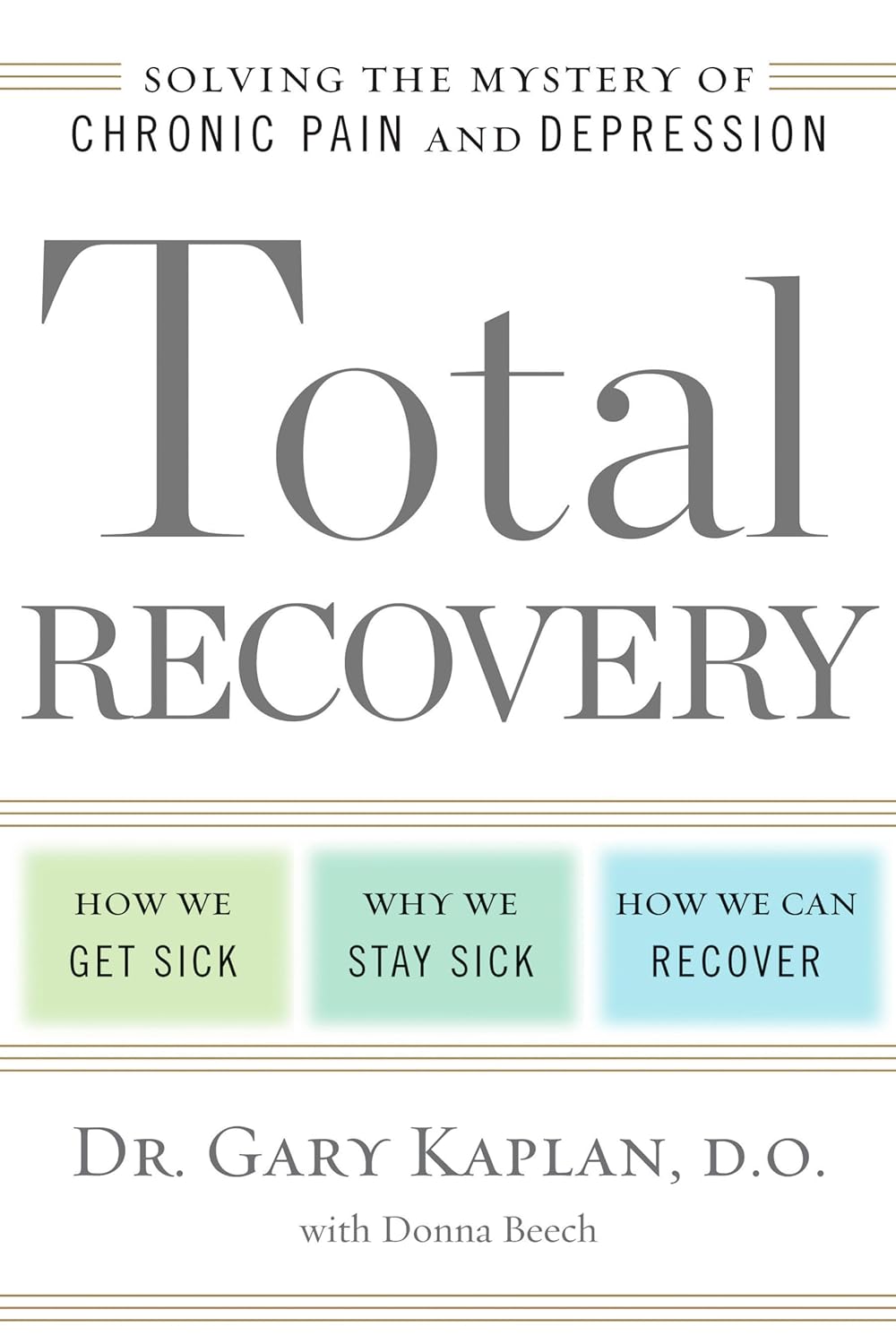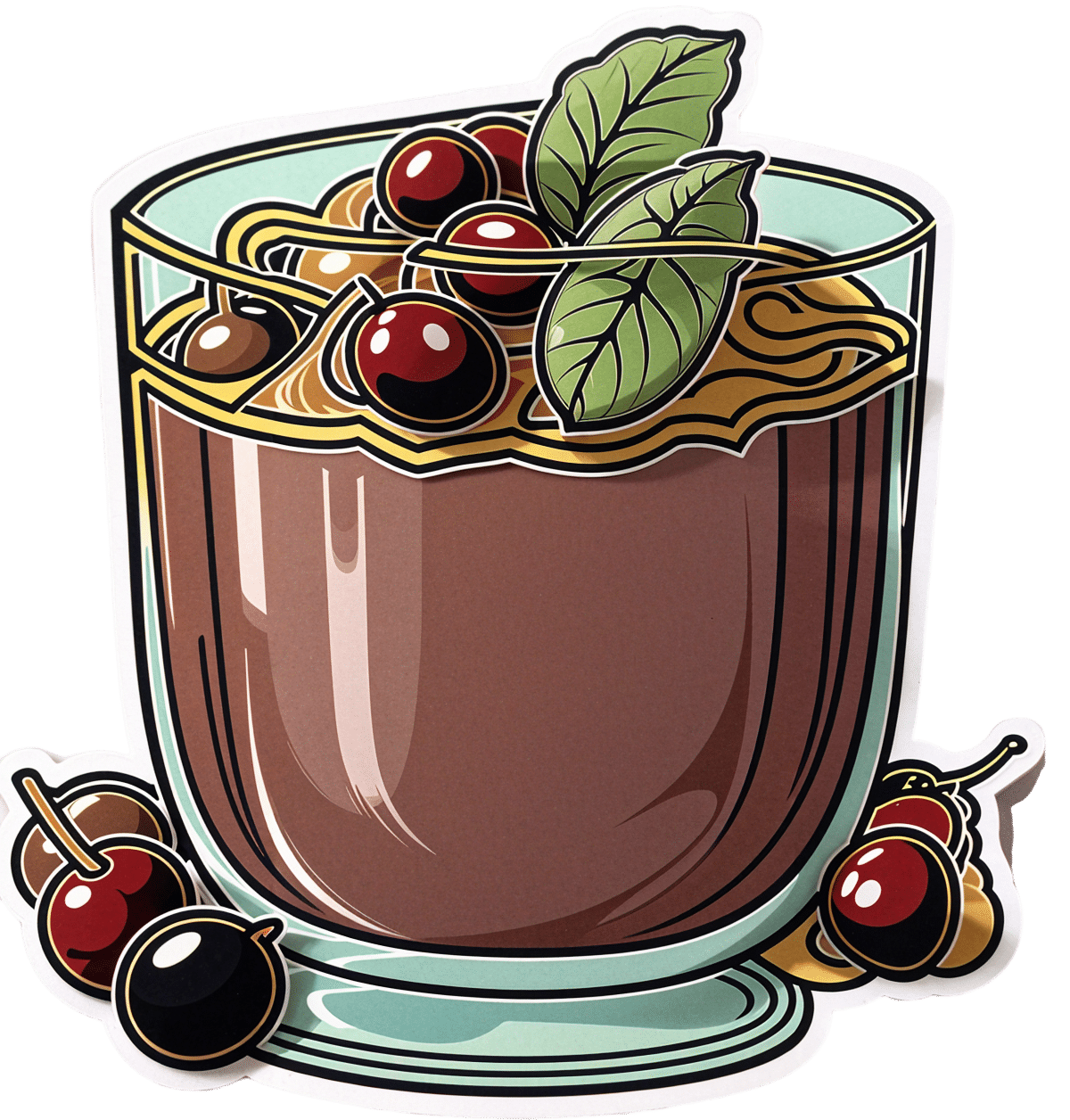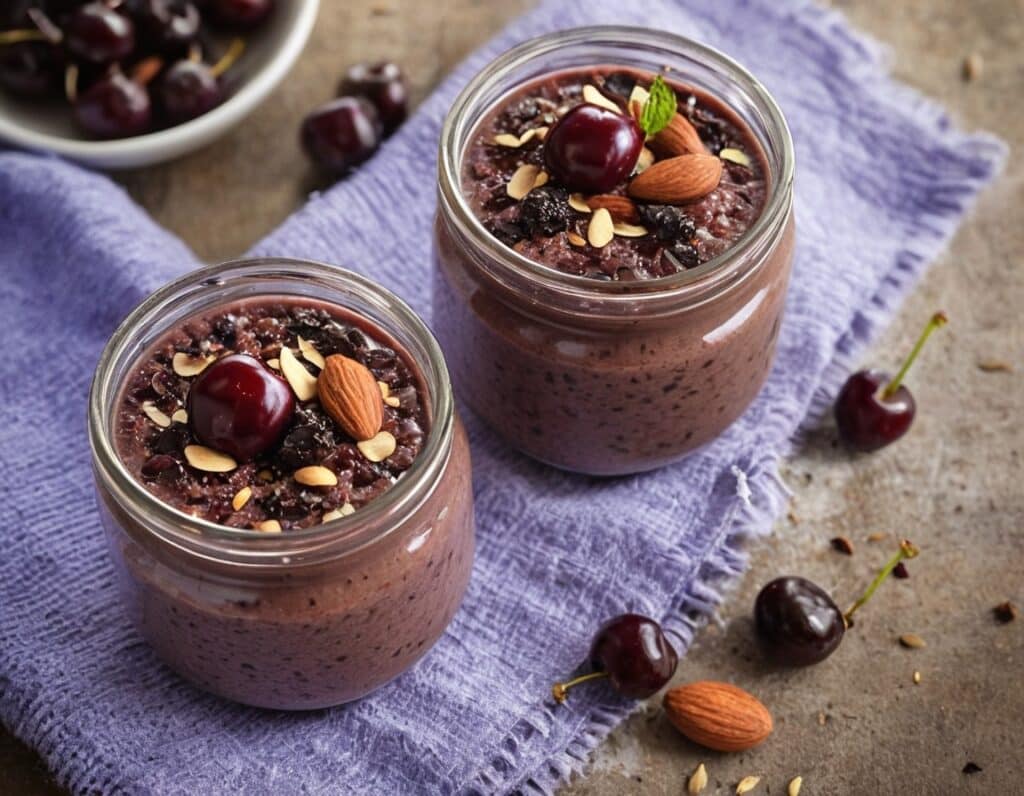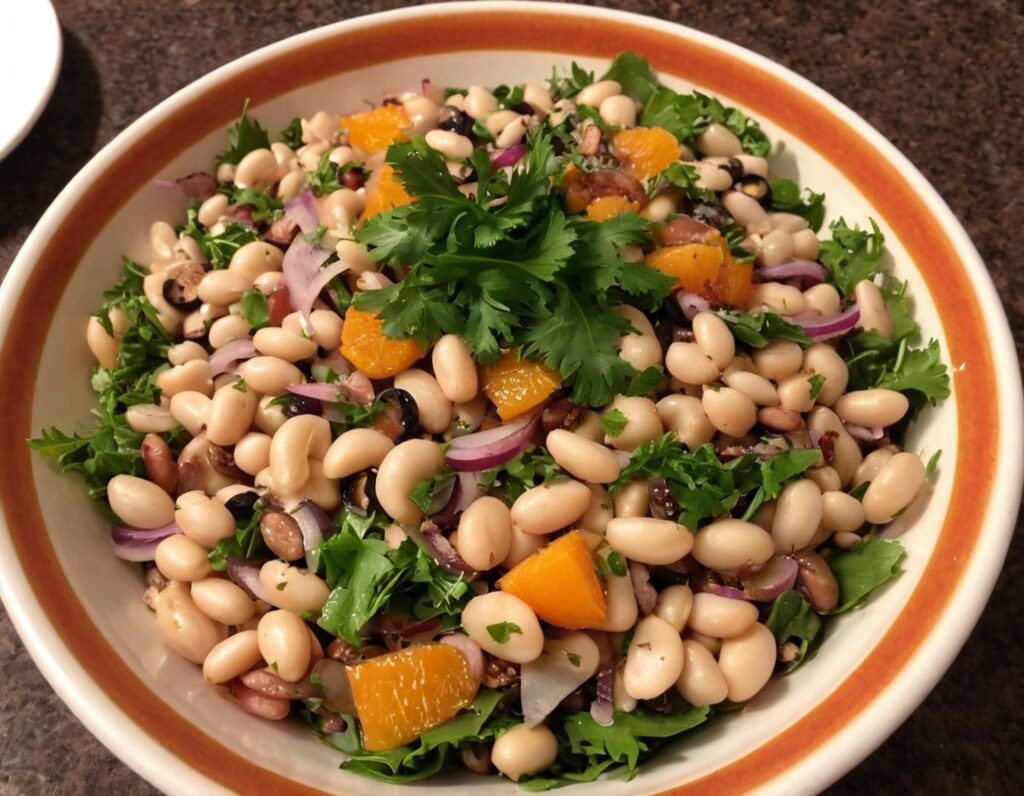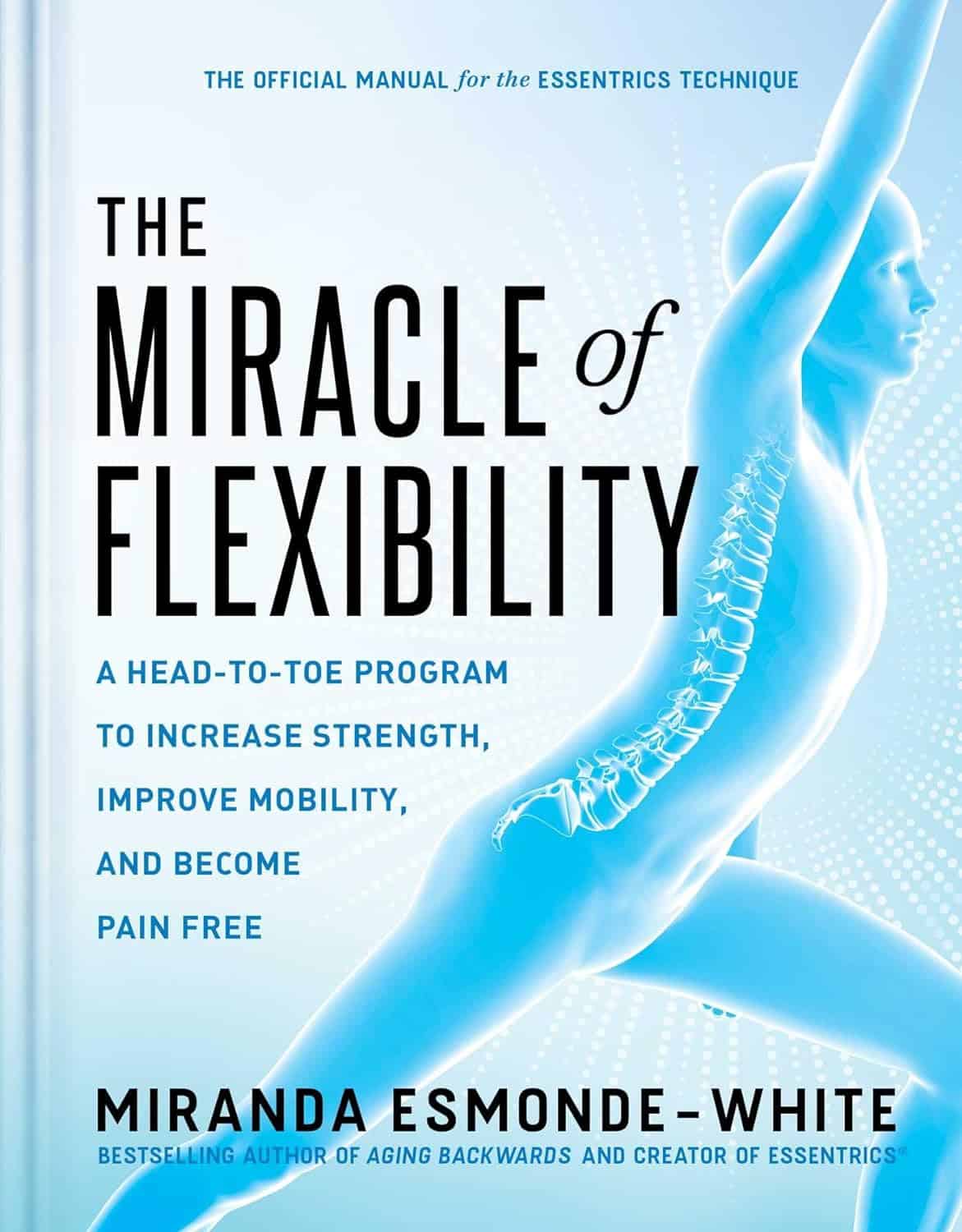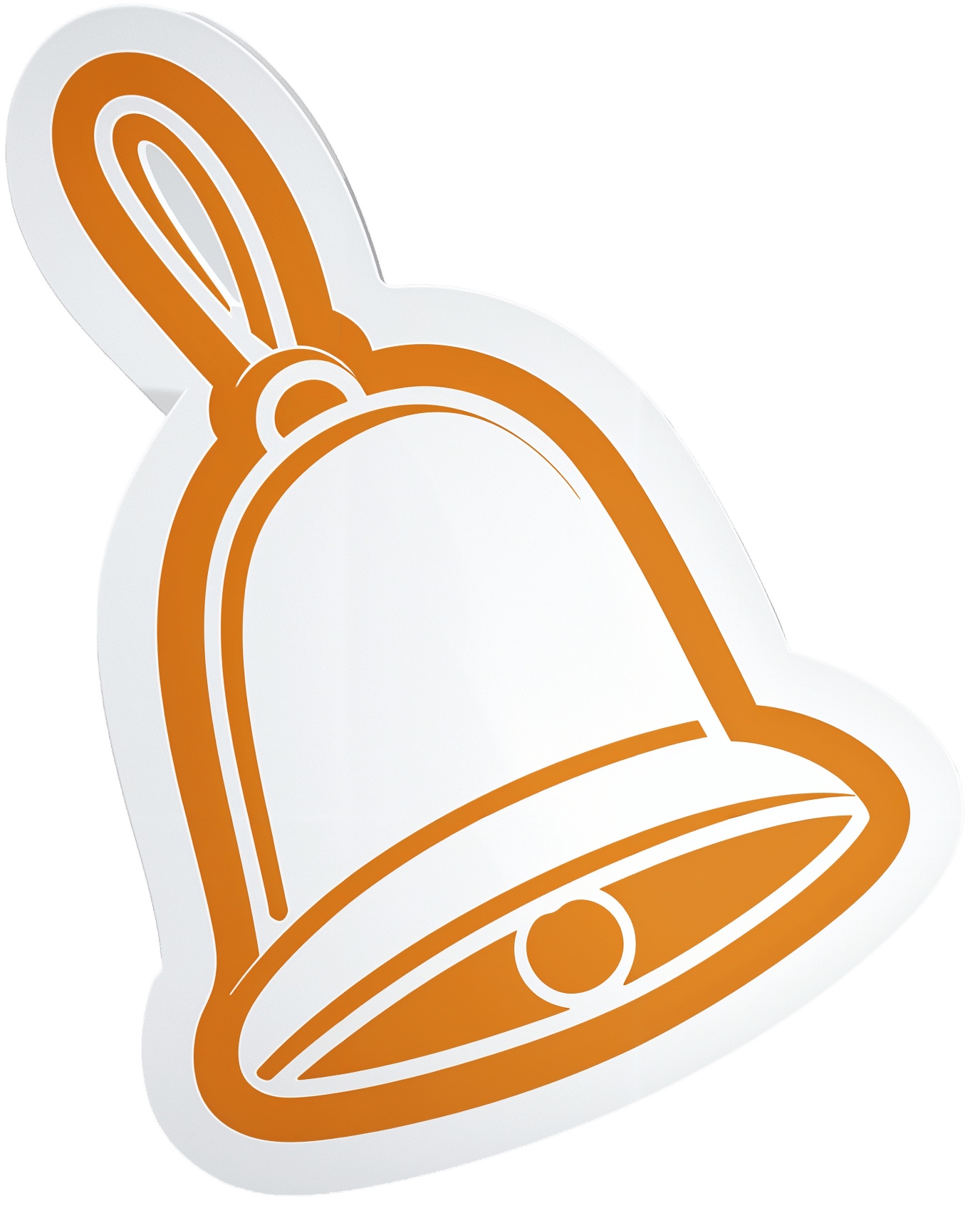
The Dopamine Myth
10almonds is reader-supported. We may, at no cost to you, receive a portion of sales if you purchase a product through a link in this article.
The Dopamine Myth
There’s a popular misconception that, since dopamine is heavily involved in addictions, it’s the cause.
We see this most often in the context of non-chemical addictions, such as:
- gambling
- videogames
- social media
And yes, those things will promote dopamine production, and yes, that will feel good. But dopamine isn’t the problem.
Myth: The Dopamine Detox
There’s a trend we’ve mentioned before (it got a video segment a few Fridays back) about the idea of a “dopamine detox“, and how unscientific the idea is.
For a start…
- You cannot detox from dopamine, because dopamine is not a toxin
- You cannot abstain from dopamine, because your brain regulates your dopamine levels to keep them correct*
- If you could abstain from dopamine (and did), you would die, horribly.
*unless you have a serious mental illness, for example:
- forms of schizophrenia and/or psychosis that involve too much dopamine, or
- forms of depression and/or neurodegenerative diseases such as Parkinson’s (and several kinds of dementia) in which you have too little dopamine
- bipolar disorder in which dopamine levels can swing too far each way
See also: Dopamine fasting: misunderstanding science spawns a maladaptive fad
Myth: Dopamine is all about pleasure
Dopamine is a pleasure-giving neurotransmitter, but it serves more purposes than that! It also plays a central role in many neurological processes, including:
- Motivation
- Learning and memory
- Motor functions
- Language faculties
- Linear task processing
Note for example how someone taking dopaminergic drugs (prescription or otherwise; could be anything from modafinil to cocaine) is not blissed out… They’re probably in a good mood, sure, but they’re focused, organized, quick-thinking, and so forth! This is not an ad for cocaine; cocaine is very bad for the health. But you see the features? So, what if we could have a little more dopamine… healthily?
Dopamine—à la carte
Let’s look at the examples we gave earlier of non-chemical addictions that are dopaminergic in nature:
- gambling
- videogames
- social media
They’re not actually that rewarding, are they?
- Gamblers lose more than they win
- Gamers cease to care about a game once they have won
- Social media more often results in “doomscrolling”
This is because what prompts the most dopamine is actually the anticipation of reward… not the thing itself, whose reward-pleasure is very fleeting. Nobody looks back at an hour of doomscrolling and thinks “well, that was fun; I’m glad I did that”.
See the science: Liking, Wanting and the Incentive-Sensitization Theory of Addiction
But what if we anticipated a reward from things that are not deleterious to health and productivity? Things that are neutral, or even good for us?
Examples of this include:
- Sex! (remember though, it’s not a race to the finish-line)
- Good, nourishing food (bonus: some foods boost dopamine production nutritionally)
- Exercise/sport (also prompts release of endorphins, win/win!)
- Gamified learning apps (e.g. Duolingo)
- Gamified health/productivity apps (anything with bells and whistles and things that go “ding” and measure streaks etc)
Want to know more?
That’s all we have time for today, but you might want to check out:
10 Best Ways to Increase Dopamine Levels Naturally ← Science-based and well-sourced article!
Don’t Forget…
Did you arrive here from our newsletter? Don’t forget to return to the email to continue learning!
Recommended
Learn to Age Gracefully
Join the 98k+ American women taking control of their health & aging with our 100% free (and fun!) daily emails:
-
A Tale Of Two Cinnamons
10almonds is reader-supported. We may, at no cost to you, receive a portion of sales if you purchase a product through a link in this article.
Cinnamon’s Health Benefits (But Watch Out!)
Cinnamon is enjoyed for its sweet and punchy flavor. It also has important health properties!
Let’s take a look at the science…
A Tale Of Two Cinnamons
In your local supermarket, there is likely “cinnamon” and if you’re lucky, also “sweet cinnamon”. The difference between these is critical to understand before we continue:
“Cinnamon” = Cinnamomum cassia or Cinnamomum aromaticum. This is cheapest and most readily available. It has a relatively high cinnamaldehyde content, and a high coumarin content.
“Sweet cinnamon” Cinnamomum verum or Cinnamomum zeylanicum. It has a lower cinnamaldehyde content, and/but a much lower (almost undetectable) coumarin content.
You may be wondering: what’s with the “or” in both of those cases? Each simply has two botanical names in use. It’s inconvenient and confusing, but that’s how it is.
Great! What’s cinnamaldehyde and what’s coumarin?
Cinnamaldehyde is what gives cinnamon its “spice” aspect; it’s strong and fragrant. It also gives cinnamon most of its health benefits.
As a quick aside: it’s also used as the flavoring element in cinnamon flavored vapes, and in that form, it can cause health problems. So do eat it, but we recommend not to vape it.
Coumarin is toxic in large quantities.
The recommended safe amount is 0.1mg/kg, so you could easily go over this with a couple of teaspoons of cassia cinnamon:
Toxicology and risk assessment of coumarin: focus on human data
…while in Sweet/True/Ceylon cinnamon, those levels are almost undetectable:
Medicinal properties of ‘true’ cinnamon (Cinnamomum zeylanicum): a systematic review
If you have a cinnamon sensitivity, it is likely, but not necessarily, tied to the coumarin content rather than the cinnamaldehyde content.
Summary of this section before moving on:
“Cinnamon”, or cassia cinnamon, has about 50% stronger health benefits than “Sweet Cinnamon”, also called Ceylon cinnamon.
“Cinnamon”, or cassia cinnamon, has about 250% stronger health risks than “Sweet Cinnamon”, also called Ceylon cinnamon.
The mathematics here is quite simple; sweet cinnamon is the preferred way to go.
The Health Benefits
We spent a lot of time/space today looking at the differences. We think this was not only worth it, but necessary. However, that leaves us with less time/space for discussing the actual benefits. We’ll summarize, with links to supporting science:
“Those three things that almost always go together”:
Heart and blood benefits:
- Reduces triglyceride levels
- Reduces high blood pressure
- Reduces insulin insensitivity
- Reduces fasting blood sugar levels
Neuroprotective benefits:
The science does need more testing in these latter two, though.
Where to get it?
You may be able to find sweet cinnamon in your local supermarket, or if you prefer capsule form, here’s an example product on Amazon
Enjoy!
Share This Post
-
Total Recovery – by Dr. Gary Kaplan
10almonds is reader-supported. We may, at no cost to you, receive a portion of sales if you purchase a product through a link in this article.
First, know: Dr. Kaplan is an osteopath, and as such, will be mostly approaching things from that angle. That said, he is also board certified in other things too, including family medicine, so he’s by no means a “one-trick pony”, nor are there “when your only tool is a hammer, everything starts to look like a nail” problems to be found here. Instead, the scope of the book is quite broad.
Dr. Kaplan talks us through the diagnostic process that a doctor goes through when presented with a patient, what questions need to be asked and answered—and by this we mean the deeper technical questions, e.g. “what do these symptoms have in common”, and “what mechanism was at work when the pain become chronic”, not the very basic questions asked in the initial debriefing with the patient.
He also asks such questions (and questions like these get chapters devoted to them) as “what if physical traumas build up”, and “what if physical and emotional pain influence each other”, and then examines how to interrupt the vicious cycles that lead to deterioration of one’s condition.
The style of the book is very pop-science and often narrative in its presentation, giving lots of anecdotes to illustrate the principles. It’s a “sit down and read it cover-to-cover” book—or a chapter a day, whatever your preferred pace; the point is, it’s not a “dip directly to the part that answers your immediate question” book; it’s not a textbook or manual.
Bottom line: a lot of this work is about prompting the reader to ask the right questions to get to where we need to be, but there are many illustrative possible conclusions and practical advices to be found and given too, making this a useful read if you and/or a loved one suffers from chronic pain.
Click here to check out Total Recovery, and solve your own mysteries!
Share This Post
-
Black Forest Chia Pudding
10almonds is reader-supported. We may, at no cost to you, receive a portion of sales if you purchase a product through a link in this article.
This pudding tastes so decadent, it’s hard to believe it’s so healthy, but it is! Not only is it delicious, it’s also packed with nutrients including protein, carbohydrates, healthy fats (including omega-3s), fiber, vitamins, minerals, and assorted antioxidant polyphenols. Perfect dessert or breakfast!
You will need
- 1½ cups pitted fresh or thawed-from-frozen cherries
- ½ cup mashed banana
- 3 tbsp unsweetened cocoa powder
- 2 tbsp chia seeds, ground
- Optional: 2 pitted dates, soaked in hot water for 10 minutes and then drained (include these if you prefer a sweeter pudding)
- Garnish: a few almonds, and/or berries, and/or cherries and/or cacao nibs
Method
(we suggest you read everything at least once before doing anything)
1) Blend the ingredients except for the chia seeds and the garnish, with ½ cup of water, until completely smooth
2) Divide into two small bowls or glass jars
3) Add 1 tbsp ground chia seeds to each, and stir until evenly distributed
4) Add the garnish and refrigerate overnight or at least for some hours. There’s plenty of wiggle-room here, so make it at your convenience and serve at your leisure.
Enjoy!
Want to learn more?
For those interested in some of the science of what we have going on today:
- Cherries’ Very Healthy Wealth Of Benefits!
- If You’re Not Taking Chia, You’re Missing Out
- Cacao vs Carob – Which is Healthier?
Take care!
Share This Post
Related Posts
-
The “Yes I Can” Salad
10almonds is reader-supported. We may, at no cost to you, receive a portion of sales if you purchase a product through a link in this article.
Sometimes, we are given to ask ourselves: “Can I produce a healthy and tasty salad out of what I have in?” and today we show how, with a well-stocked pantry, the answer is “yes I can”, regardless of what is (or isn’t) in the fridge.
You will need
- 1 can cannellini beans, drained
- 1 can sardines (if vegetarian/vegan, substitute ½ can chickpeas, drained)
- 1 can mandarin segments
- 1 handful pitted black olives, from a jar (or from a can, if you want to keep the “yes I can” theme going)
- ½ red onion, thinly sliced (this can be from frozen, defrosted—sliced/chopped onion is always a good thing to have in your freezer, by the way; your writer here always has 1–6 lbs of chopped onions in hers, divided into 1lb bags)
- 1 oz lemon juice
- 1 tbsp chopped parsley (this can be freeze-dried, but fresh is good if you have it)
- 1 tbsp extra virgin olive oil
- 1 tbsp chia seeds
- 1 tsp miso paste
- 1 tsp honey (omit if you don’t care for sweetness; substitute with agave nectar if you do like sweetness but don’t want to use honey specifically)
- 1 tsp red chili flakes
Method
(we suggest you read everything at least once before doing anything)
1) Combine the onion and the lemon juice in a small bowl, massaging gently
2) Mix (in another bowl) the miso paste with the chili flakes, chia seeds, honey, olive oil, and the spare juice from the can of mandarin segments, and whisk it to make a dressing.
3) Add the cannellini beans, sardines (break them into bite-size chunks), mandarin segments, olives, and parsley, tossing them thoroughly (but gently) in the dressing.
4) Top with the sliced onion, discarding the excess lemon juice, and serve:
Enjoy!
Want to learn more?
For those interested in some of the science of what we have going on today:
- Three Daily Servings of Beans?
- We Are Such Stuff As Fish Are Made Of
- Chia: The Tiniest Seeds With The Most Value
Take care!
Don’t Forget…
Did you arrive here from our newsletter? Don’t forget to return to the email to continue learning!
Learn to Age Gracefully
Join the 98k+ American women taking control of their health & aging with our 100% free (and fun!) daily emails:
-
Best Workouts for Women Over 40 To Give Your Metabolism A Makeover
10almonds is reader-supported. We may, at no cost to you, receive a portion of sales if you purchase a product through a link in this article.
After 40, the usual course of events goes: your lean muscle mass decreases, which slows your metabolism and makes it easier to gain fat. At the same time, bone density decreases, increasing the risk of osteoporosis and frailty. This leads to lower mobility, flexibility, and overall frustration.
But it doesn’t have to be that way! Fitness coach Jessica Cooke explains how:
It all depends on this
Strength training helps counteract these effects by increasing lean muscle mass, which boosts metabolism and fat burning. It also improves bone density, reducing the risk of osteoporosis. Plus, it builds strength, fitness, and a toned physique.
The best part? It doesn’t require long workouts—short, effective sessions work best.
While walking is very beneficial for general health, it doesn’t provide the resistance needed to build muscle. Without resistance, your body composition won’t change, and so your metabolism will remain the same. Strength training is essential for burning fat at rest and improving overall fitness.
You don’t have to do high-impact exercises or jumping to see results. Low-impact strength training is effective and gentle on the joints. Lifting weights or using your body weight in a controlled manner will help build muscle and improve strength.
Many women only do cardio and neglect strength training, leading to minimal progress. Another common mistake is overcomplicating workouts—simple, consistent strength training is all you need.
Aim to strength train three times per week for 20 minutes. Focus on compound movements that work multiple muscle groups, such as:
- squats
- lunges
- deadlifts
- press-ups
- shoulder presses
- upright rows
- planks
- glute bridges
- sit-ups
- Russian twists
Start with light (e.g. 2-3 kg) weights and maintain proper form.
For more on all of this, enjoy:
Click Here If The Embedded Video Doesn’t Load Automatically!
Want to learn more?
You might also like:
Don’t Let Menopause Run You Down: 4 Critical Things Female Runners Should Know
Take care!
Don’t Forget…
Did you arrive here from our newsletter? Don’t forget to return to the email to continue learning!
Learn to Age Gracefully
Join the 98k+ American women taking control of their health & aging with our 100% free (and fun!) daily emails:
-
The Miracle of Flexibility – by Miranda Esmonde-White
10almonds is reader-supported. We may, at no cost to you, receive a portion of sales if you purchase a product through a link in this article.
We’ve reviewed books about stretching before, so what makes this one different?
Mostly, it’s that this one takes a holistic approach, making the argument for looking after all parts of flexibility (even parts that might seem useless) because if one bit of us isn’t flexible, the others will start to suffer in compensation because of how that affects our posture, or movement, or in many cases our lack of movement.
Esmonde-White’s “flexibility, from your toes to your shoulders” approach is very consistent with her background as a professional ballet dancer, and now she brings it into her profession as a coach.
The book’s not just about stretching, though. It looks at problems and what can go wrong with posture and the body’s “musculoskeletal trifecta”, and also shares daily training routines that are tailored for specific sporting interests, and/or for those with specific chronic conditions and/or chronic pain. Working around what needs to be worked around, but also looking at strengthening what can be strengthened and fixing what can be fixed along the way.
Bottom line: if your flexibility needs an overhaul, this book is a very good “one-stop shop” for that.
Click here to check out The Miracle Of Flexibility, and discover what you can do!
Don’t Forget…
Did you arrive here from our newsletter? Don’t forget to return to the email to continue learning!
Learn to Age Gracefully
Join the 98k+ American women taking control of their health & aging with our 100% free (and fun!) daily emails:

